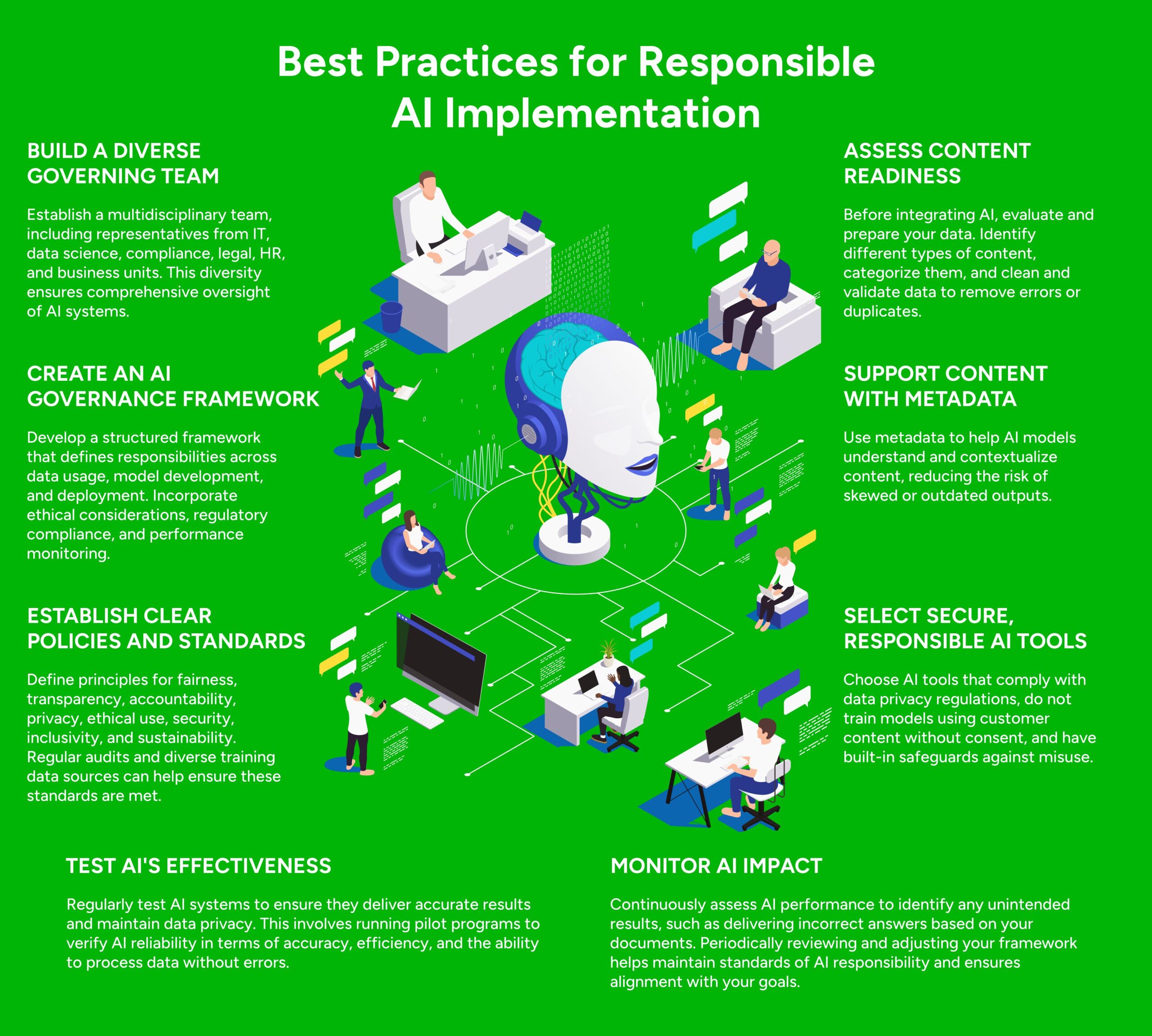The integration of AI and ML into IT operations has transformed how businesses function. These technologies automate routine tasks, analyze vast datasets, and predict future trends, leading to increased efficiency and reduced operational costs. For instance, 3 Men Movers, a Texas-based moving company, adopted AI to monitor driver behavior and optimize routing, resulting in a 4.5% reduction in accidents within the first three months.
Similarly, the fashion industry has seen accelerated AI adoption, with companies like Victoria’s Secret and Swarovski utilizing AI to enhance customer personalization and streamline operations. This shift from exploration to application underscores AI’s potential to revolutionize various sectors.
Challenges in AI Adoption
Despite the benefits, AI adoption is not without challenges. A survey revealed that 58% of Australian companies investing in AI found the technology fell short of expectations, and 70% of investors withdrew from AI-related deals.
This highlights the importance of setting realistic goals and understanding AI’s capabilities and limitations.
Moreover, a Pew Research Center survey indicated that most U.S. workers are not yet engaging with AI in their jobs. Only one in six workers use AI for some tasks, with 63% rarely or never using it, and 17% unaware of AI in the workplace.
This gap between technological advancement and workforce adoption emphasizes the need for comprehensive training and clear integration strategies.

Responsible AI Adoption at KuddleandCo
At KuddleandCo., we prioritize responsible AI adoption, ensuring our AI frameworks comply with global data privacy regulations and ethical standards. We implement transparent AI decision-making models, bias mitigation techniques, and robust cybersecurity measures to prevent AI-driven security risks. By integrating machine learning algorithms that continuously improve with data insights, we empower businesses to make informed decisions, enhance customer engagement, and future-proof their IT infrastructure.


Best Practices for Responsible AI Implementation
Implementing AI responsibly is crucial for maximizing benefits while minimizing risks. Here are some best practices:

Build a Diverse Governing Team
Establish a multidisciplinary team, including representatives from IT, data science, compliance, legal, HR, and business units. This diversity ensures comprehensive oversight of AI systems.

Create an AI Governance Framework
Develop a structured framework that defines responsibilities across data usage, model development, and deployment. Incorporate ethical considerations, regulatory compliance, and performance monitoring.
Establish Clear Policies and Standards
Define principles for fairness, transparency, accountability, privacy, ethical use, security, inclusivity, and sustainability. Regular audits and diverse training data sources can help ensure these standards are met.

Assess Content Readiness
Before integrating AI, evaluate and prepare your data. Identify different types of content, categorize them, and clean and validate data to remove errors or duplicates.

Support Content with Metadata
Use metadata to help AI models understand and contextualize content, reducing the risk of skewed or outdated outputs.

Select Secure, Responsible AI Tools
Choose AI tools that comply with data privacy regulations, do not train models using customer content without consent, and have built-in safeguards against misuse.

Test AI's Effectiveness
Regularly test AI systems to ensure they deliver accurate results and maintain data privacy. This involves running pilot programs to verify AI reliability in terms of accuracy, efficiency, and the ability to process data without errors.

Monitor AI Impact
Continuously assess AI performance to identify any unintended results, such as delivering incorrect answers based on your documents. Periodically reviewing and adjusting your framework helps maintain standards of AI responsibility and ensures alignment with your goals.
The Future of AI in IT Operations
The future of AI in IT operations is promising. In India, the adoption of generative AI is expected to increase the productivity of the $254-billion IT industry by 43% to 45% over the next five years. Software development roles are projected to see a 60% productivity boost, followed by BPO services at 52% and IT consulting at 47%.
However, as AI becomes more prevalent, ethical considerations become increasingly important. Issues such as biased data leading to flawed AI decisions, AI generating false or misleading information, and over-reliance on AI reducing critical human judgment are significant concerns. To mitigate these risks, businesses must ensure accurate and unbiased data, uphold ethical data practices, and maintain human oversight.
Reference:
- Box Blogs. Best practices for responsible AI implementation
- Reuters. GenAI to boost India’s IT industry’s productivity by up to 45%, EY India survey shows
- LeanIX. AI Governance Best Practices
- Business Insider. How one Texas-based moving company is using AI to improve safety, optimize routing, and reduce liability
- The Australian. Australian companies get AI reality check as investors pull back on deals
- Business Insider. Big Tech is betting on AI but US workers aren’t biting, survey suggests
